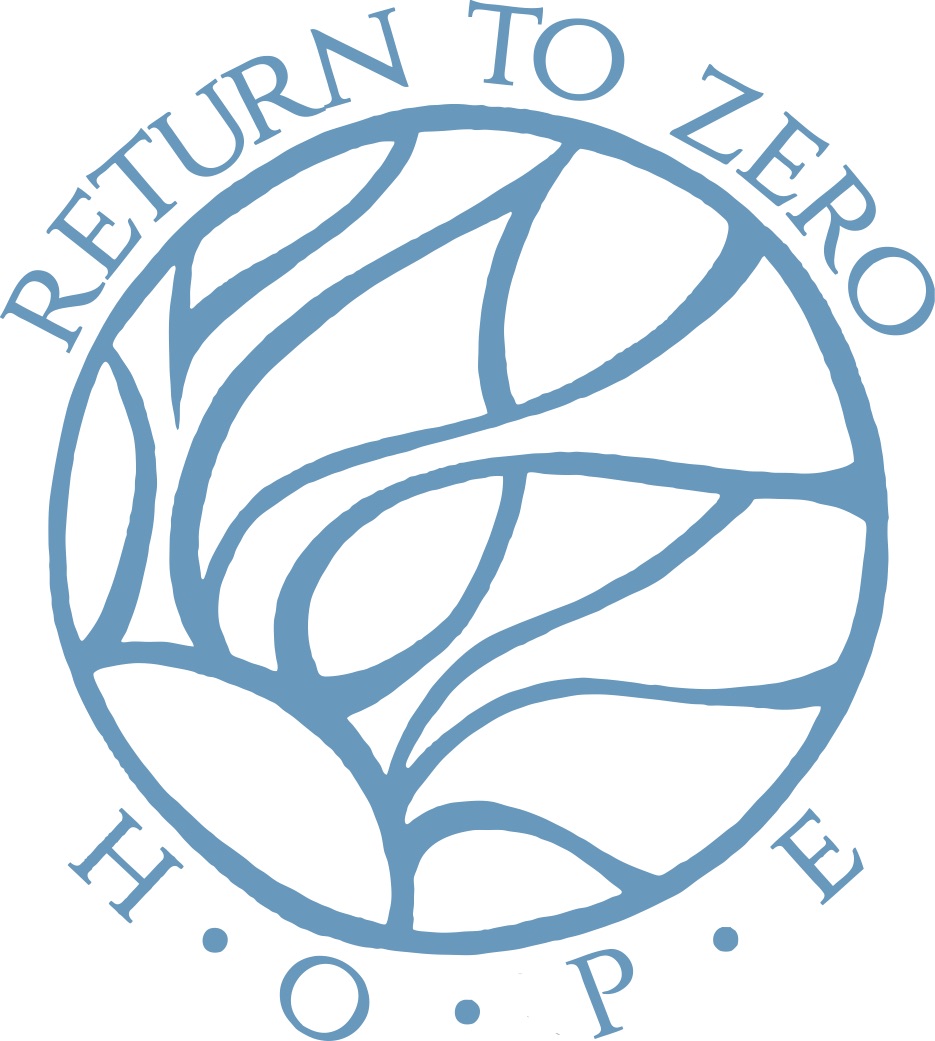Grief in the Workplace Following Pregnancy and Infant Loss
The transition back to work following pregnancy and infant loss can be challenging at best. When considering the average bereavement leave after a pregnancy loss is only two days, it’s no wonder that bereaved parents struggle with grief in the workplace. While this blog post focuses on how employers and employees can work together to create a supportive workplace following loss, we do have tips here for bereaved parents who are returning to work after loss.
Why grief-care Matters
Grief-care is an investment in employee health. Employers have a unique responsibility and opportunity to support their employees after a pregnancy and infant loss. Integrating grief support into the workplace demonstrates a commitment to employee wellbeing, fosters a supportive organizational culture, and ultimately contributes to the overall success and resilience of the workforce.
Employee Wellbeing: Grief can significantly impact an individual’s mental and emotional health. Providing support in the workplace helps employees navigate their grief journey while maintaining their overall wellbeing.
Productivity: Unresolved grief can lead to decreased productivity, absenteeism, and presenteeism (being physically present but not fully engaged). By offering support, employers can help employees cope with grief more effectively, thereby minimizing its impact on work performance.
Employee Retention: A supportive workplace culture that acknowledges and addresses grief fosters loyalty and trust among employees. When employees feel supported during difficult times, they are more likely to remain with the company.
Team Dynamics: Grieving employees may experience difficulty interacting with coworkers or may need temporary adjustments to their workload. By providing support and understanding, coworkers can maintain positive relationships and cohesion within the team.
HOW RTZ CAN help
Together, we can ensure that no one has to navigate their grief journey alone, especially in the workplace. Partnerships with Human Resources, Employee Wellbeing Departments, and Health Plans can support the transition back to work after a pregnancy or infant loss.
Support for Individuals: RTZ offers tailored support programs and resources for employees navigating the challenges of pregnancy or infant loss. This might include resources, support groups, and educational materials.
Coaching for Employee Teams: RTZ provides coaching and training sessions for the employee’s team to help them understand and respond sensitively to grief in the workplace and support the transition for the birthing parent or partner’s return to work. This fosters a supportive environment where colleagues can offer empathy and assistance to grieving coworkers, ultimately promoting productivity and team cohesion.
Development of Grief-Informed Policies: RTZ can collaborate with administrators and HR departments to develop grief-informed policies and practices specific to the nuances of pregnancy and infant loss that promote trust and employee loyalty. This might involve revising existing leave policies, creating flexible work arrangements, and implementing bereavement support programs.
IMPLEMENTING organizational compassion
For Employers:
Review your existing policies and ensure employees are aware of benefits
Consider having RTZ materials on hand or offering RTZ Virtual Support Group sponsorship for employees
Send us an email at connect@rtzhope.org to set up an introductory meeting
For Employees:
Share RTZ information with your HR and/or Wellbeing Department
Fill out this form, and with your permission we can initiate contact and outreach
Send us an email at connect@rtzhope.org

